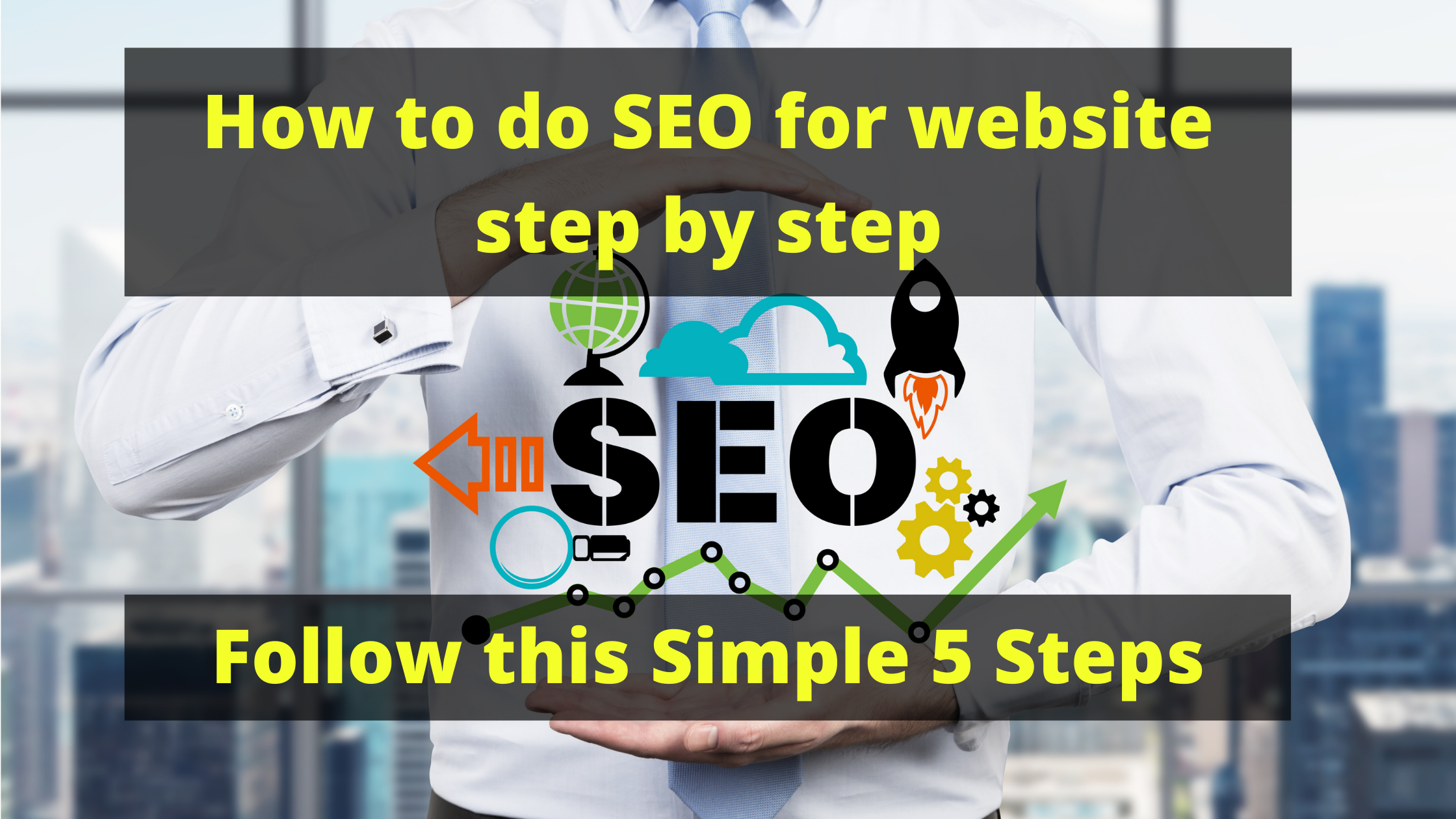
With literally billions of web pages worldwide, it’s no surprise that SEO platforms are prevalent and often used by savvy Internet marketers. Understanding who dominates search is pivotal to understanding what makes for a good SEO platform. The question many have is what a good SEO platform is? What should a business consider when selecting an SEO or internet, marketing provider? What are five of the best website builders for SEO? Some of us don’t have a big budget to spend on SEO platforms. We’ll need to manage our own SEO. Luckily, you’ll find answers to all these questions and more in this article.
First, what is a platform?
Commonly known as a website. A Platform is simply a set of tools or programs that allow the creator/administrator of an online marketing site to build, maintain, and optimize it for search engines. So not only is it the website, a platform is an epicenter of marketing for the website. Platforms include a wide variety of SEO tools. They include on-page, off-page, and Technical SEO. The goal is to optimize content and organized it within the platform. This infrastructure consists of a plan or vision that makes for good architecture. It also makes for a profitable business.
Content should be easily read and indexed by the AI crawlers as well as visitors. These include
- RSS feeds
- Content management systems
- Blog hosting
- Podcasting options
- Social media integration options
- And more.
Many of these are free, others cost money, and many still fall in between.
If you’re a Word Press user, the Yoast Seo plugin helps organize the information for easy crawling, indexing, and ranking. As many as 40% of all websites in the world are built on WordPress.
So, what are the best platforms for SEO?
here are certainly many out there, but here are some of the top ones we’ve come across. First and foremost, our list includes Google Webmaster Central is another essential tool. If your site isn’t getting enough traffic, or you aren’t receiving the attention you’d hoped for, then there’s a reason for it. Google will send you help by making it easy for you to get involved with webmaster forums and webmaster discussions. This way, you can quickly find solutions to your problems and get your website back on the road to success. Now Google has renamed Google Webmaster Tools to Google Search Console. The ten-year-old name for the toolset designed for webmasters, publishers, and business owners is changing to Google Search Console.
Google’s own Search Console. It’s one of the best platforms available, especially if you’re looking for a search engine optimization (SEO) software solution. It’s free, and since Google has 92% organic search, it’s good to keep searching under Google’s parameters.

For business owners who need SEO help, this is an absolute must. Yahoo has its own SEO tools for business. Like Google, it also offers the best SEO platforms, but it’s a little more challenging to get the hang of. You have to know how to use all the features, which is confusing at best. The great thing is, though, that Yahoo has made it incredibly easy to set up websites via its online builder tool. Unfortunately, only 1.52% of web platforms are built with Yahoo.
It wouldn’t be complete without mentioning Bing, Microsoft’s search engine. It only garners 2.5% search traffic, but in the last 3 years has made great strides in posting consistently quarterly earnings for advertising and search traffic. That trend is only getting stronger as it shifts from just a software company to become a real force in the search and advertising world.
Like Google and Yahoo, Microsoft is free to use for anyone who needs it. Whether you need to boost your ranking in the SERPs or create a blog network, there’s plenty to choose from. However, Google is dominant both in search and in SEO ranking tools.
Google Search tools such as Console, Google Analytics, and Keyword Planner are great for coming up with ideas for keywords, checking search volume. Also, they will help you understand organic search traffic and monitor your site indexation.
These tools are free. You’ll need to accept they may be only 92% correct. They base their data only on Google searches, so they come with limitations.
Low-competition keywords may be hard to find in some niches, and there could be gaps in the data.
This is a typical response, though I have never had any such problems using Google tools.
Keep in mind 92% accuracy contains accurate information out to near three standard deviations. If you understand normal bell-shaped curve distribution, there are very few events outside two standard deviations. For a free tool, as compared to any paid service, the accuracy is impeccable.
You may spend time downloading and combining data to create a decision-making report. Once acquainted with the tools, they are super fast and easy to use.
Whether using them for SEO research or are just want to understand your overall visibility, free Google tools are all you need. Need for an SEO roadmap? Download our free SEO Roadmap here:
To recap, Google is the most dominant. These are the best platforms for SEO on the big three. If you have a site or want to start a blog, you’ll definitely want to make sure you have the best SEO tools. Choose the one that’s best suited to your needs.
The best SEO tools give you the results you wish to in the shortest amount of time with surveys of the most extensive data sets.
Remember, the larger the data set, the smaller the error rates.
Important Consideration for SEO or Internet, marketing provider
Does your marketing provider have tools that help them and you spot global and local search opportunities? The collaboration should help you with decision making and connect SEO with marketing strategies.
Is there a clear path to monetization of any and all strategies? What is the Rate of return or Return on Investment for such an approach?
The tools should include but not be limited to:?
- Analysis of mobile rankings and traffic to optimize mobile search.
- Are progressive web apps included where SEO is lacking?
- Access to millions of data points thru Google Console, are there additional tools to fill in the gaps?
- Are both broad Keywords as well as lower competition longtail keywords included in the strategy?
- Are all demographics and localities equally represented?
- Includes backlink analysis and integration to optimize web page performance.
- Basic site architecture should invite search.
- Balancing paid search campaigns and comparing them to organic search results. Once up and running, the ratio should be 40% paid versus 60% organic.
- Identifying opportunities with keyword analysis and making web pages and content more complete.
- Is there ongoing AB testing for site appearance, Longtail keywords, and checkout strategies, upsells, and follow up email systems in place for retargeting?
- Is pixel tracking used for retargeting?
- Are methods in place and schedule for analyzing and updating pages. Scaling campaigns that are working right now and replacing pages that are not gathering traffic and momentum.
Five of the Best Website Builders for SEO?

- Wix – perfect for absolute SEO beginners because the architecture of the site builder includes all the elements. As the creator, you simply fill in the blanks. Prices range from $14 to $49 per month across eight pricing plans.
- Weebly – includes dozens of high quality, helpful SEO apps as well as basic templates that encourage your site to be crawled with every update and indexed quickly. Prices from basic $6- $25 per month. Comes with a fully integrated website and online store. Motivate your audience to connect with you with Automated Emails.
- Squarespace – For those more confident with SEO, these sites tend to be more visually appealing. Users say branding is more flexible. Cost is $12-$40 per month. Great for businesses with both a brick and mortar presence who want to increase their digital footprint.
- GoDaddy – has four website builder pricing plans. Prices range from $10 – $25 per month. Great if you need outside help with SEO. For as little as $99/month, you can have a dedicated account specialist help you with SEO and organic search.
- WordPress.com – For those who want a hands-on SEO experience. As mentioned early, the Yoast SEO plugin for WordPress is an excellent shortcut to SEO and rapid ranking. Bottom line Yoast improves the site’s readability. Used by over 40% of websites worldwide, it’s a free platform. Yoast plugin is a paid service, $89/year.
Whether you’re an SEO pro or a newbie just getting started, there is a platform for you. Google tools are the most powerful and comprehensive, and are free. They are easy to use for finding keywords and tags, competition, and volume.
SEO is a long game, not a race. Once you get your site up and running, it’s advantageous to have an SEO specialist review your site and optimize it. Lookup a FIVERR gig; you can get the work done for cheaper than you think. The sooner you get your original site optimized, the sooner you can get indexed and ranked and start getting some organic traffic.
See what the competition is doing with added content and a posting schedule. Try to get on the same program to regularly schedule to post new content on your site. Find keywords that are already bringing in traffic. Longtail keywords that have lower competition will rank faster. Create unique content that is strictly based on those longtail keywords.




